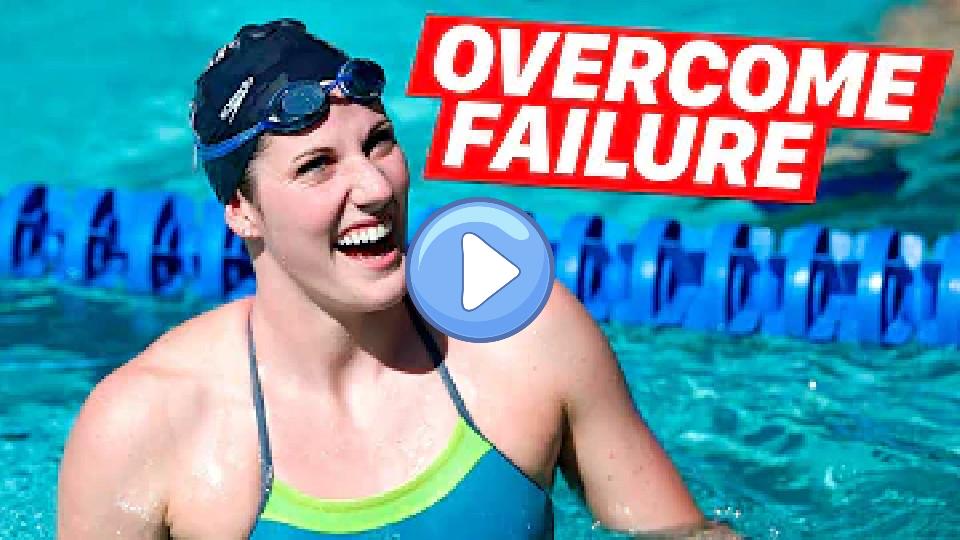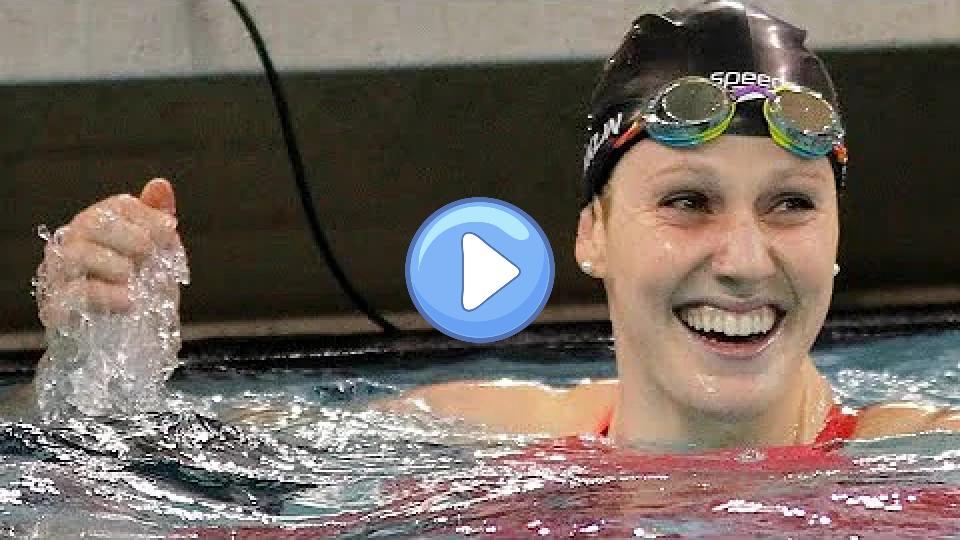Missy Franklin's Sports Injuries
Type of Sport: Swimming
Missy Franklin's Sports Injuries Table
| Type | Area | Date | Consequences | Content | How It Happened | Recovery Duration | Rehabilitation Details | Impact On Career | Psychological Impact | Previous Injuries | Return To Competition | Severity | Treatment | Medical Staff | Long Term Impact | Preventive Measures | Competition Missed | Initial Symptoms | Re Injury Risk | Support System | Rehabilitation Location |
|---|---|---|---|---|---|---|---|---|---|---|---|---|---|---|---|---|---|---|---|---|---|
| Back Injuries | Lower back | 2016-01-14 | Severe pain and limited mobility | Missy Franklin struggled with back pain that hampered her training leading up to the 2016 Rio Olympics. This injury significantly affected her performance and preparation. | During intense swim training sessions | Several months | Physical therapy, rest, and modified training routines | Contributed to underperformance at the 2016 Olympics | Increased stress and frustration due to inability to train at full capacity | None reported | Returned to competition but with reduced performance | Moderate to severe | Physical therapy, pain management, and rest | Team physicians and physical therapists | Ongoing management required to prevent recurrence | Strengthening exercises and proper technique adjustments | Missed several training sessions and preparation meets | Pain and stiffness in the lower back | Moderate | Family, coaches, and medical team | Training facilities and specialized clinics |
| Shoulder Injuries | Left shoulder | 2018-03-21 | Pain, weakness, and limited shoulder function | In 2018, Missy Franklin dealt with a rotator cuff injury that required significant time off from training and competition. This injury was a major factor in her decision to retire from competitive swimming. | Overuse from intensive training and competition | Several months | Extended physical therapy, rest, and potential surgical intervention | Contributed to her decision to retire from competitive swimming | Significant emotional and mental strain due to chronic pain and limited progress | Shoulder impingement in 2014 | Did not return to competition at the same level | Severe | Physical therapy, rest, and possibly surgery | Team physicians, physical therapists, and possibly surgeons | Chronic pain and potential long-term shoulder issues | Proper technique, conditioning, and avoiding overuse | Missed significant competitions and training periods | Persistent pain and weakness in the shoulder | High | Family, coaches, medical team, and friends | Training facilities, specialized clinics, and possibly hospitals |
| Shoulder Injuries | Right shoulder | 2014-05-09 | Pain and reduced range of motion in the shoulder | Missy Franklin experienced shoulder impingement, a common issue for swimmers due to the repetitive overhead motion. This injury required her to adjust her training schedule. | Overuse from repetitive swimming motions | Several weeks to a few months | Physical therapy, rest, and specific shoulder exercises | Temporary setback in training and competition | Frustration due to interrupted training | None reported | Returned to competition after rehabilitation | Moderate | Physical therapy and rest | Team physicians and physical therapists | Potential for recurring issues if not managed properly | Proper warm-up, stretching, and conditioning exercises | Missed some training sessions and minor competitions | Pain in the shoulder, especially during overhead movements | Moderate | Family, coaches, and medical team | Training facilities and specialized clinics |
Missy Franklin's Sports Injuries Videos
Former Olympic swimmer Missy Franklin pursues new passions after retiring
She's known to the world as an Olympic swimmer with five gold medals, proof of her world-record talent. However, Missy Franklin reveals that life in the water carries routine and pressure. People expected not only a great swimmer but also someone who was happy and joyful. Despite her outward smile and laugh, Franklin admits that at times she didn't feel so buoyant. She often hid her true feelings, putting up a shield to pretend everything was okay.
Perfection came early for Missy Franklin with NCAA records and five gold medals, four of which she won at just 17. She became the first American woman to set a world record at the Olympic Games. Her dream was to compete in four Olympics. However, before the Rio Games, she experienced intense pain that persisted even after surgery on both shoulders. This led her to retire from professional swimming shortly after her second Olympics.
Watching the Tokyo Olympics was difficult for her as she had hoped to be part of the games. However, Franklin believes everything happens for a reason, attributing her faith as a source of strength. The birth of her daughter Caitlyn brought new life and joy. Her husband, Hayes Johnson, supported her decision to prioritize her long-term health over her swimming career.
Today, Franklin still loves the water but views it differently. Sharing moments in the water with her daughter has been incredibly special, symbolizing a new chapter in her life. She finds meaning in helping others through similar struggles and speaking out about mental health. Reflecting on her journey, she feels fulfilled, appreciating every stage of her life.

How Missy Franklin Learned from Failure
During her interview, Missy Franklin emphasizes the importance of learning from failures and disappointments rather than just successes. She explains that despite the innate fear of failure, these challenging moments are crucial for personal growth and development. Franklin notes that while success is gratifying, the lessons learned from failures are invaluable and provide the motivation to improve and avoid repeating mistakes. She encourages maintaining perspective during tough times, viewing them as opportunities to rise higher and become better.

Missy Franklin Breaks 200m Backstroke World Record at the London 2012 Olympics
Missy Franklin of the USA sets a new world record of 2:04.06 to win gold in the women's 200m backstroke event at the Aquatics Centre.

USA Swimming Olympians: Then and Now
The video features USA Swimming Olympians like Katie Ledecky, Missy Franklin, Michael Phelps, Chase Kalisz, Leah Smith, Ryan Lochte, and Simone Manuel. It highlights impressive performances, including Katie Ledecky's fast prelim time, Missy Franklin's finish, Leah Smith's gold medal, and Simone Manuel's achievement.

Olympic Champion Missy Franklin Explains Her Shoulder Problems: GMM Presented by SwimOutlet.com
Five-time Olympic gold medalist Missy Franklin discussed her career, her shoulder injuries, and her work with the USA Swimming Foundation in a podcast. Franklin clarified that her shoulder issues, which led to her retirement, were not new but were highlighted in a recent People Magazine feature. Despite her injuries, she remains active in swimming for enjoyment and promotes water safety through the USA Swimming Foundation's initiatives, emphasizing the importance of swim lessons for children. Franklin shared her passion for teaching swimming and participating in community activities, and she expressed excitement about possibly attending future Olympic events in a non-competitive capacity.

Former California women's swimmer and five-time Olympic gold medalist Missy Franklin announces her...
Missy Franklin, a five-time Olympic gold medalist and former California swimmer, announces her retirement from competitive swimming. She reflects on her decision to attend the University of California, highlighting the influence of her parents and coaches. She expresses excitement about the opportunities at Cal, both academically and athletically, and appreciates the supportive environment that helped her achieve her goals.

Rowdy Gaines and Richard Franklin explain head injuries and make a difference with Hammer Head Swim Caps.
Richard Franklin discusses his initial interest and involvement in clean technology and entrepreneurship. Over time, he became more engaged with a project focused on preventing head injuries in sports, particularly in swimming. He reflects on the cultural shift towards safety in sports, comparing it to past resistance to wearing helmets in hockey. Franklin endorses the Hammerhead swim cap, a product developed over five years, to protect swimmers from head injuries, highlighting its importance in safeguarding the young, developing brain.

Missy Franklin reflects on the mental health movement in sports.
Missy Franklin discussed with 11Alive's Cheryl Preheim the progress of mental health acceptance in sports. She highlighted how athletes like Naomi Osaka and Simone Biles have opened up about their mental health struggles, helping to advance the conversation. Franklin shared her own experiences with anxiety, depression, and the pressure to be perfect, especially after her last Olympics. She emphasized the importance of self-love and surrounding oneself with supportive people. Despite progress, Franklin noted that there is still much work to be done in mental health acceptance in sports.

